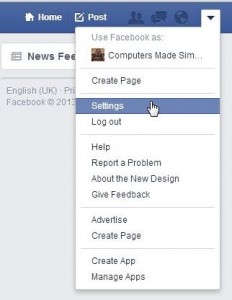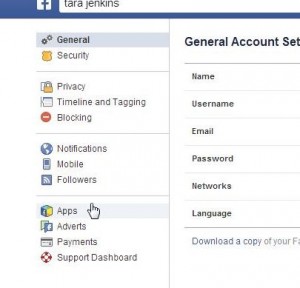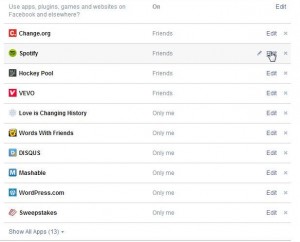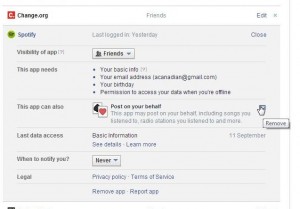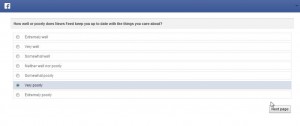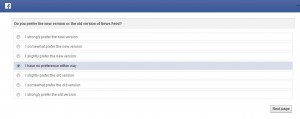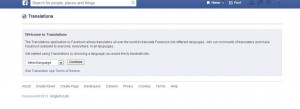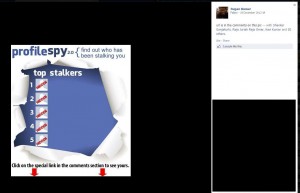We posted a link from our Facebook page last week. It shared a story on CNN about the dangers of sharing stories before you check them to see if they’re really true. It seems like every day we’re faced with these stories that tug at your heart and make you want to share the feeling with others. We’re not sure why people feel that way but we really wish that Facebook users would take a moment to check the story out before they share it.

Here’s a link to the article on CNN. We certainly don’t recommend CNN for everyday news but this story describes a real threat that you all should be aware of:
“On Facebook, clicking ‘like’ can help scammers”
We won’t post the image contained in the article but you may recognize it when you see it. Take a moment to read the article and you’ll see that the photo on the page is quite old and its use in this context was never endorsed by the girl or her parents.
When you’re faced with the need to share something that you aren’t sure is true or not, here are some resources you can use:
Snopes.com The grand-daddy of all truth sites, Snopes debunks almost all of the urban legends that you see on the Internet or read on Facebook. If you’ve been asked to click like or share a heart-rending post on Facebook, here’s where you can check it out. How do you do that? Take a few words or a full sentence from the post and do a search on Google. Invariably you’ll have success and a link to the Snopes’ post about the story will pop up.
Sophos.com This site isn’t necessarily about Facebook stories, it’s more about virus hoaxes that you encounter there and around the Internet. Here is a description, straight from their page:
“Virus hoaxes are false reports about non-existent viruses, often claiming to do impossible things. Unfortunately some recipients occasionally believe a hoax to be a true virus warning and may take drastic action (such as shutting down their network).”
We don’t use Sophos anti-virus so don’t consider this an endorsement of their software. We use AVG and/or Microsoft Security Essentials, both of which are free.
About.com/Urban Legends On this site’s front page right now is a story about a fake Oprah Winfrey Instagram account which supposedly offers scholarships to the first 100,000 followers. Sure, it looks legitimate but you know it’s not. About.com seems to be on the cutting edge of these hoaxes so keep them in mind when checking the veracity of things that you see on Facebook and the Internet.
TIP: Please check whether a link on Facebook takes you out of the relative security of the Facebook site. We rarely click on a link, specially video links, that lead to an unknown site. Very often these places are set up specifically to steal your login information. Is it worth your identity to see some ‘funny’ video or photo? We don’t think it is.

Any time there is someone who can be tricked or a new avenue to promote such trickery, some devious person(s) will exploit the situation to the fullest, not for good but for personal gain. Be sharp. Don’t be part of the scam. If you see something that you can prove is wrong, tell the poster about it. We’d suggest that it’s your duty, in fact. If you are in doubt, ask us in a comment or on our Facebook page. Here is the link: Computers Made Simple on Facebook
Thanks for reading!
_____________________________________________
Here’s a link that might help us if you are interested in hosting your own blog with Fatcow Hosting. We’ve signed up to become an affiliate and we make a bit of money if you sign up for hosting via this link: FatCow Hosting Thanks!

